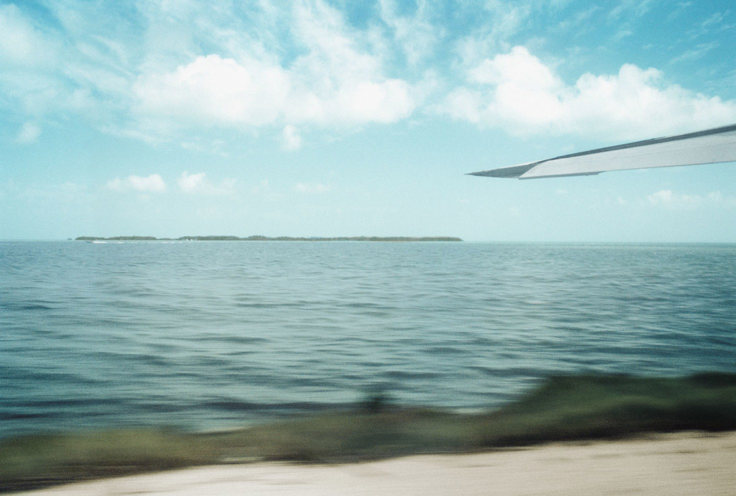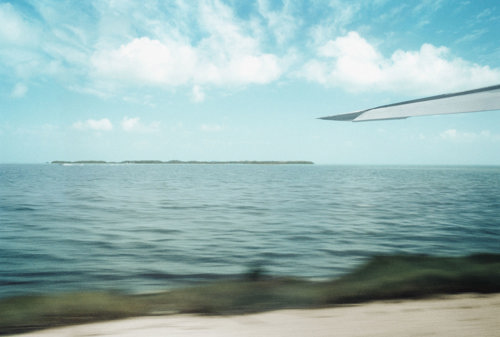MERS - travel advice
Article
|Updated
The travel advice for MERS applies particularly for travel to Middle Eastern countries.
Middle East respiratory syndrome coronavirus (MERS-CoV) circulates among dromedary camels in the Middle East. The virus can cause acute and severe respiratory infections. Most cases of MERS have occurred in Saudi Arabia. A few have been diagnosed in Europe, either because they were transferred to a European country for intensive care, or because they became ill after staying in the Arabian Peninsula. In some countries, it has also been transmitted to close contacts, also in hospitals.
The disease has been detected among patients who have been travelling to or living in the following countries in the Middle East:
- Saudi Arabia
- United Arab Emirates
- Qatar
- Jordan
- Oman
- Kuwait
- Yemen
- Lebanon
- Iran
- Egypt
- Bahrain
The disease has also been detected among people in France, the United Kingdom, Germany, Italy, Greece, the Netherlands, Austria, Turkey, Tunisia, Algeria, Malaysia, the Philippines, South Korea, China, Thailand and the United States who have returned from the Middle East.
No travel restrictions
No advice has been given about travel restrictions to any of the countries where MERS-CoV is registered. Neither the EU nor the World Health Organization advises against travel to the region.
Prevention
As with all infections, good hand hygiene is an important preventive measure, both during the journey and to limit further transmission. The source of infection is camels / dromedaries. One should therefore avoid contact with animals, and especially camels / dromedaries when traveling to the Middle East. One should also avoid drinking camel milk and camel urine, as well as eating meat that has not been thoroughly heat-treated. There is no vaccine or preventative medicine for MERS.
After travel to the Middle East
People who have stayed in the Middle East and who develop pneumonia symptoms during the first 14 days after returning home should consult a doctor for coronavirus. Symptoms of pneumonia can be cough, fever, chest pain and difficulty breathing. Tell your doctor where and when you have travelled.
Pilgrimage to Hajj
The above advice also applies for pilgrimages to Hajj, together with other general advice.

